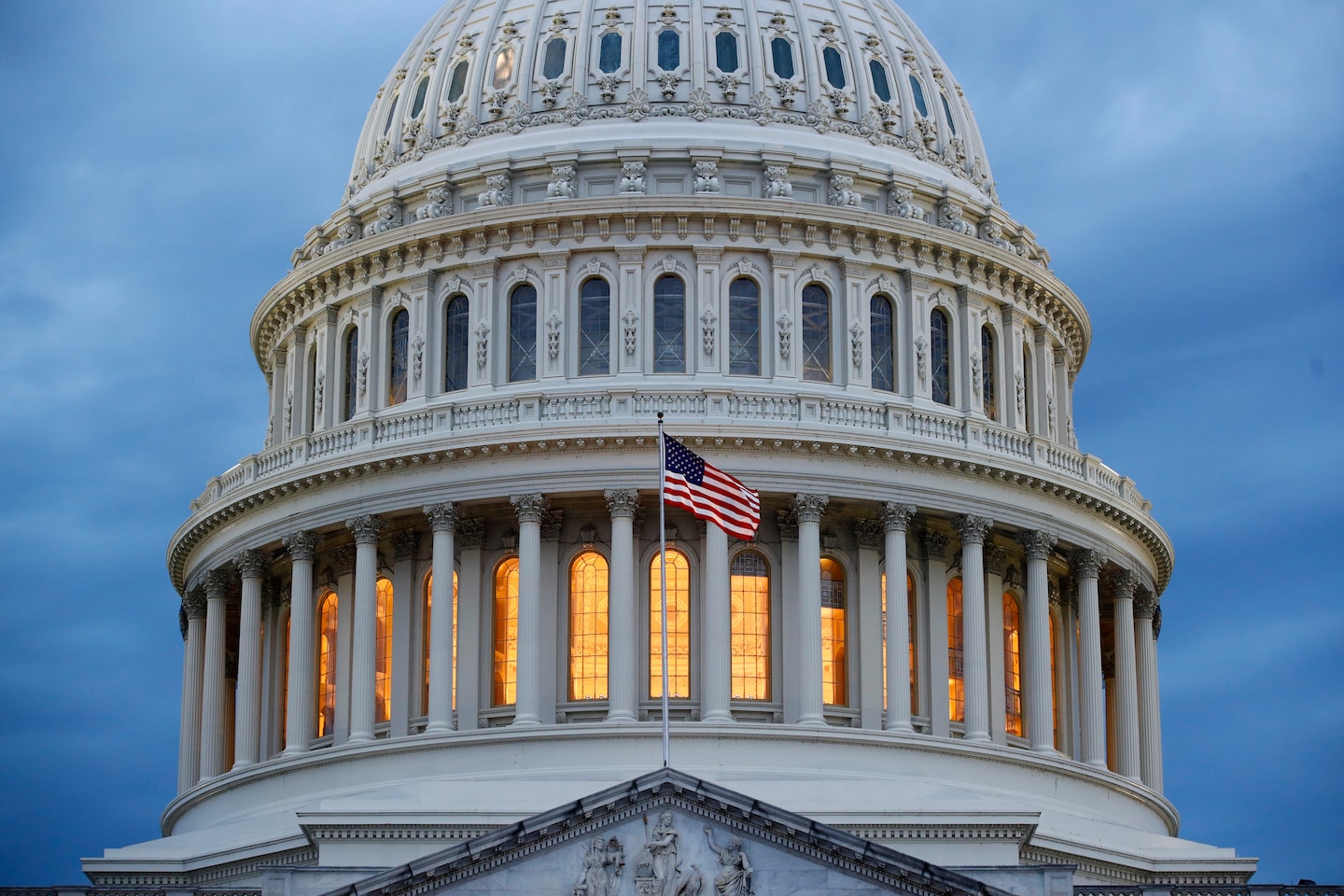Washington fiddles while America burns

Political polarization has a lot to do with the breakdown in talks. Democrats and Republicans both gain more from their supporters by standing up to the opposing party than by compromising with it. That makes it very difficult to pass large complicated bills. And Democrats, clearly believing that they have the upper hand, are demanding that Republicans make larger compromises.
But at the heart of the problem is a substantive disagreement. Large numbers of Republicans believe the federal government should not be spending this much money, that the debt burden is rising to unconscionable levels and that the United States is risking its future financial health. Every one of these concerns is either wrong or largely exaggerated.
Let’s start by remembering that this is an almost unique economic situation in which the economy has cratered not because of too much debt, a collapsing financial system, or any of the other usual causes of recession. The coronavirus pandemic has meant that people who would happily buy and sell goods and services cannot do so for fear of infection. Add government rules to that natural caution, and large parts of the economy have simply shut down. It is a great paralysis more than a great depression. And until a vaccine is administered widely, normal levels of economic activity will not return.
That means the government has to step in and help people who, through no fault of their own, cannot engage in regular economic activity. Paul Krugman of the New York Times has rightly described this as more like disaster relief than a traditional stimulus program. But, still, it seems to gall Republicans who don’t want to engage in “bailouts.” Their ire is particularly directed at state and city governments run by Democrats, which they claim are bloated and mismanaged.
But that misses the point. Even if their claims are true — and in many places they are — it is irrelevant to the current situation. New York City may be badly run. But over the last few months, its subway ridership has dropped by 85 percent, and its sales-tax revenue by nearly 30 percent, for reasons mostly unrelated to this mismanagement.
These are also extraordinary times in another crucial and positive sense. With rock-bottom interest rates, countries that issue debt in their own currencies, such as Britain, the United States and Japan, have a golden opportunity to spend money at little cost. Right now, the U.S. Treasury can issue 30-year bonds on which it pays less than 1.5 percent interest. Democratic and Republican negotiators are apart by about $1 trillion, so that works out to annual interest payments of under $15 billion — less than 0.5 percent of last year’s federal budget. The F-35 fighter aircraft program costs more than breaking this gridlock and providing relief to the entire American economy. Furthermore, after accounting for inflation, bondholders will likely be paying the U.S. government for the honor of lending it money.
We have been here before. In 2009, hundreds of distinguished economists, dozens of Republican leaders such as then-Rep. Paul D. Ryan, and influential public interest groups argued that the stimulus bill and Federal Reserve actions would cause hyperinflation, economic collapse and the decline of the dollar. In fact, the opposite happened. The United States chugged along to its longest peacetime recovery on record, the dollar soared, American banks emerged stronger than all the rest, and the U.S. stock market outperformed the world. Undeterred by their record of failure, many of the same voices are at it again, saying that this time all the things they wrongly predicted in 2009 really will happen.
Perhaps. But it also appears likely that we are in a period where inflation will remain subdued. For the next year at least, spending will continue to stay low as people eschew travel, eating out, public entertainment and sports. The broader forces of technology and globalization continue to keep costs down and make it difficult for labor to force wages up. In this kind of world, if a government has the capacity to step in and fill the gap at low cost, it should consider itself blessed. Otto von Bismarck, the great German statesman, was on to something when he purportedly said, “God has a special providence for fools, drunks and the United States of America.”
Read more:






